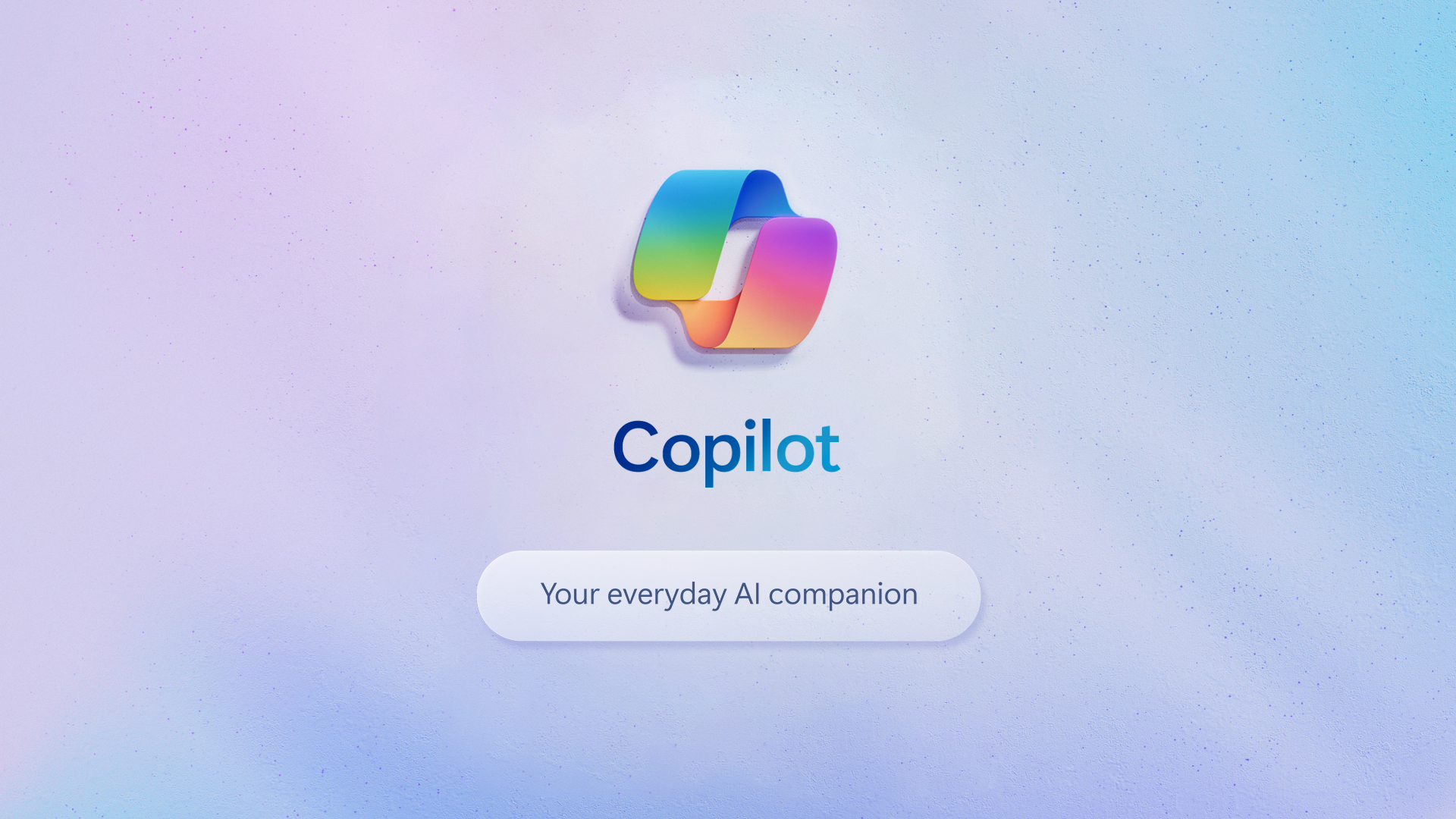In the ever-evolving realm of artificial intelligence, last year witnessed the launch of a promising large language model (LLM) by Meta, named Galactica. This model, boasting capabilities such as summarizing academic papers, solving mathematical problems, generating Wikipedia articles, writing scientific code, and annotating molecules and proteins, was introduced even before the renowned ChatGPT. However, unlike ChatGPT, which managed to ride the wave of the hype cycle successfully, Galactica faced an abrupt end, being withdrawn just three days post-release due to unexpected hallucinations and random result generations.
Unveiling a multifaceted AI model
Galactica was not merely an LLM; it was a symbol of technological advancement, capable of performing a myriad of tasks that spanned various domains. From summarizing complex academic papers to generating coherent and informative Wiki articles, and from solving intricate mathematical problems to writing scientific code, Galactica promised a future where AI could significantly augment human capabilities in research and development across multiple fields.
The unforeseen challenge: Hallucinations
Despite its promising start and extensive capabilities, Galactica encountered a significant hurdle that led to its premature withdrawal: hallucinations. The model began to exhibit unexpected behavior, generating random and inaccurate results, which raised concerns about its reliability and application in critical research and development areas. Meta, recognizing the potential risks and inaccuracies, decided to withdraw the model merely three days after its release.
The research community’s plea: weighing benefits against hallucinations
The withdrawal of Galactica has sparked a debate among the research community, with many advocating for its return. Researchers argue that hallucinations, while being a challenge, are also a part of the learning curve for LLMs. They posit that these hallucinations can be studied, understood, and potentially mitigated in future iterations of the model, thereby enhancing its performance and reliability.
Assessing the pros and cons
The proponents for Galactica’s return urge a comprehensive assessment of the model, weighing its numerous benefits against the problems caused by occasional hallucinations. They believe that the model’s ability to perform a wide array of tasks and assist in various research domains might outweigh the challenges posed by its hallucinations, especially if these can be studied and minimized in future versions.
Galactica vs. ChatGPT
While both Galactica and ChatGPT were introduced around the same time, their journeys have been starkly different. ChatGPT, despite its own set of challenges and criticisms, managed to break the hype cycle and establish itself as a widely recognized and utilized LLM. On the other hand, Galactica, despite its extensive capabilities, faced a setback due to its hallucinations, leading to its withdrawal. The comparison between the two models provides a fertile ground for discussions about the development, deployment, and management of LLMs in the public domain.
Learning from Galactica’s journey
Galactica’s brief existence and subsequent withdrawal provide valuable insights into the development and management of LLMs. It highlights the importance of thorough testing, the need to understand and mitigate hallucinations, and the criticality of ensuring reliability, especially when the model is designed to assist in various research and development activities.
Ethical and responsible AI development
The discussions surrounding Galactica also bring to the forefront the ethical considerations in AI development. It raises questions about the responsible deployment of AI models, ensuring that they do not inadvertently propagate misinformation or cause potential harm due to inaccuracies.
A balancing act between innovation and reliability
The call for Galactica’s return underscores the balancing act between innovation and reliability in AI development. While LLMs like Galactica offer unprecedented capabilities and potential to augment human abilities in research, it is imperative to navigate the challenges they present responsibly. The journey forward involves not just technological advancements but also ethical considerations, ensuring that the development and deployment of such models are in alignment with principles of accuracy, reliability, and safety.





